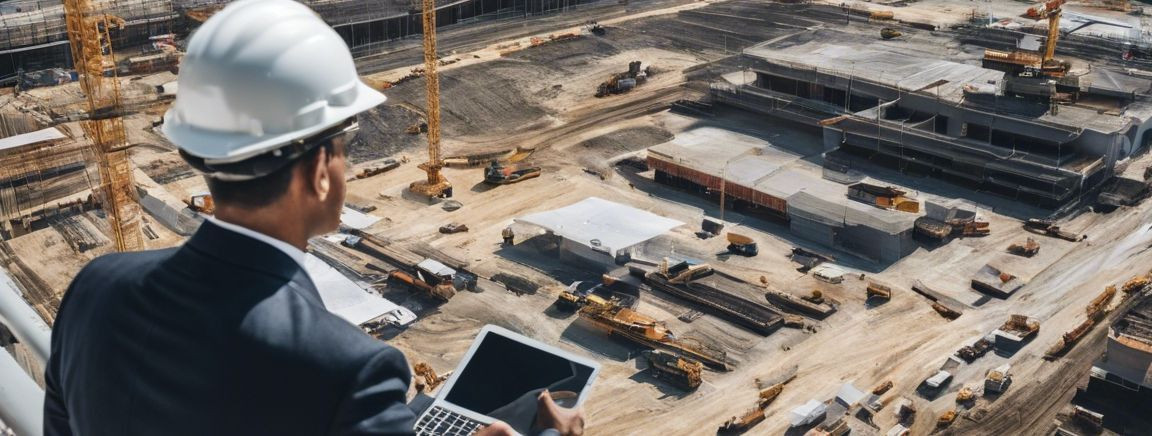5 Sustainable Construction Services Transforming the Industry
Introduction to Sustainable Construction
The construction industry is undergoing a significant transformation, driven by the urgent need for sustainability and environmental responsibility. Sustainable construction involves practices that are environmentally friendly, energy-efficient, and resource-conserving throughout a building's life-cycle.
Definition and Importance
Sustainable construction is not just a trend; it's a necessary shift in how we build and renovate structures. It encompasses everything from the choice of materials to the design and operation of buildings, aiming to minimize environmental impact.
Current Trends in Sustainable Construction
With the rise of global awareness on climate change, the construction industry is adopting innovative services to meet the demand for green building and sustainable practices.
1. Green Building Design and Architecture
Energy-Efficient Design
Architects and designers are focusing on creating buildings that require less energy to operate. This includes maximizing natural light, improving insulation, and designing for natural ventilation.
Use of Sustainable Materials
Materials such as bamboo, recycled steel, and precast concrete are becoming popular choices due to their low environmental impact and durability.
2. Renewable Energy Integration
Solar Power Solutions
Integrating solar panels into building designs is a key service in sustainable construction, reducing reliance on fossil fuels and lowering energy costs.
Wind Energy Systems
Similarly, wind turbines can be incorporated into buildings or built nearby to generate clean energy.
3. Waste Reduction and Management
Recycling Construction Materials
Construction and demolition waste can be significantly reduced by recycling materials such as metal, glass, and concrete.
Efficient Waste Management Plans
Developing waste management plans is essential for minimizing the environmental impact of construction projects.
4. Water Conservation Techniques
Water-Saving Fixtures
Installing low-flow toilets and faucets can greatly reduce water usage in buildings.
Rainwater Harvesting Systems
Collecting and reusing rainwater for landscaping and flushing toilets is another effective sustainable service.
5. Smart Building Technology
Automation and Control Systems
Smart systems can optimize a building's performance by controlling lighting, heating, and cooling systems, thereby reducing energy consumption.
Energy Management Software
Software that monitors and manages energy use can help buildings operate more efficiently and sustainably.
Conclusion: The Future of Sustainable Construction
The future of construction lies in sustainability. As technology advances, so too will the capabilities for buildings to be more energy-efficient, resource-conserving, and environmentally friendly. The services mentioned are just the beginning of a larger movement towards a greener construction industry.






Comments (0)